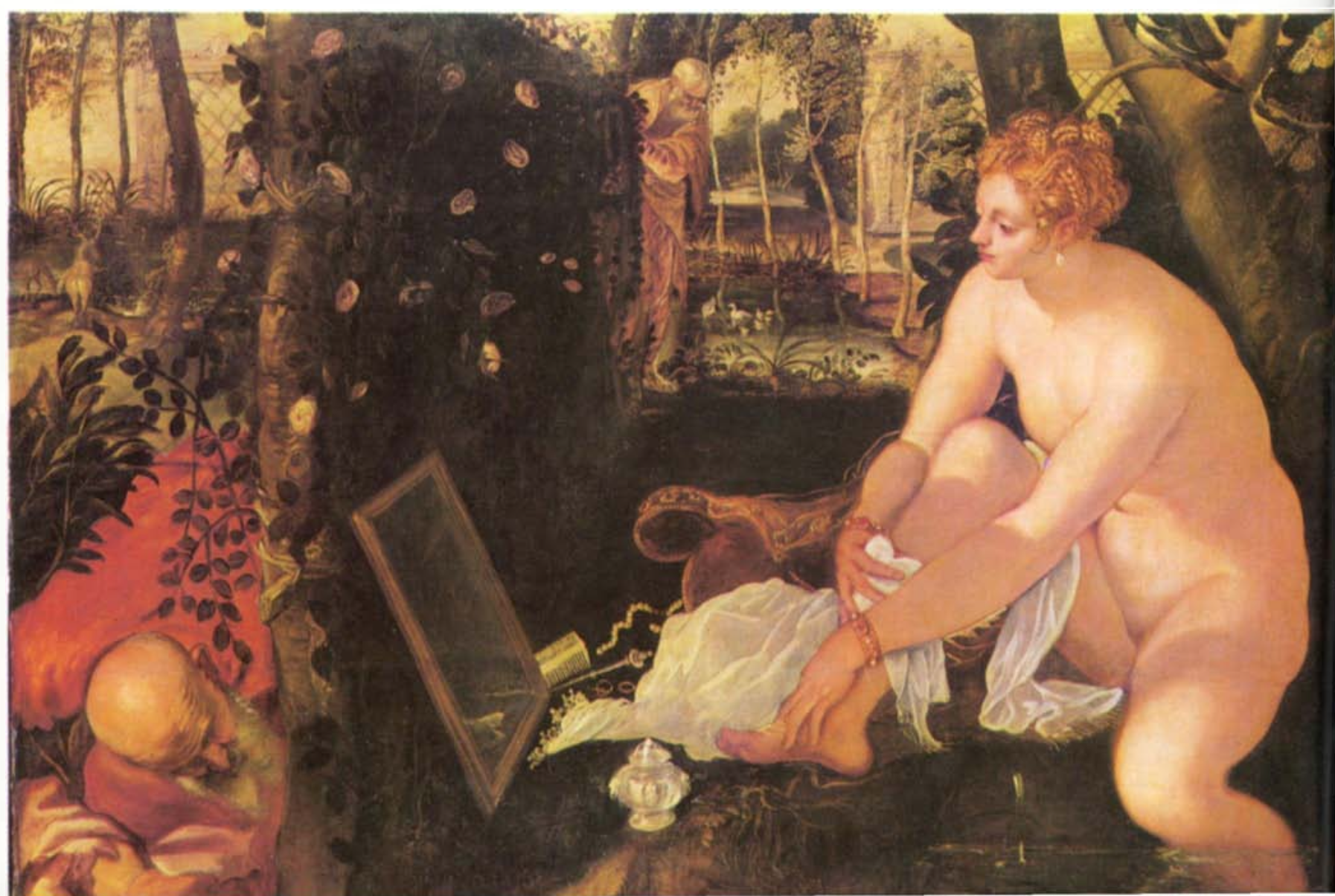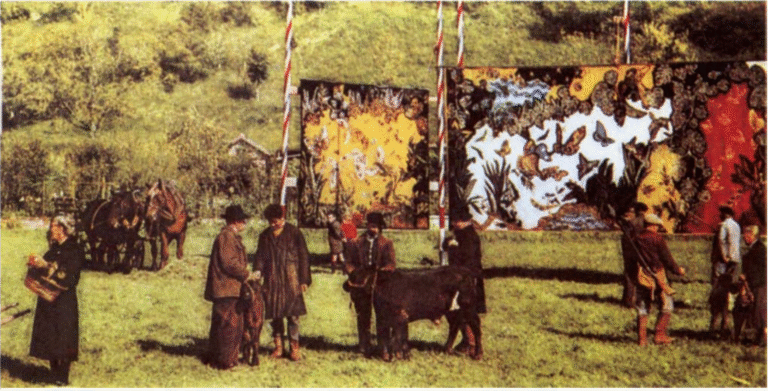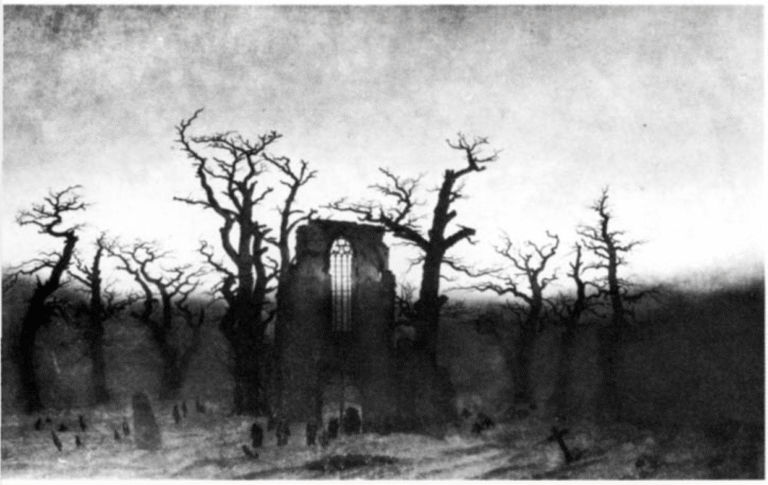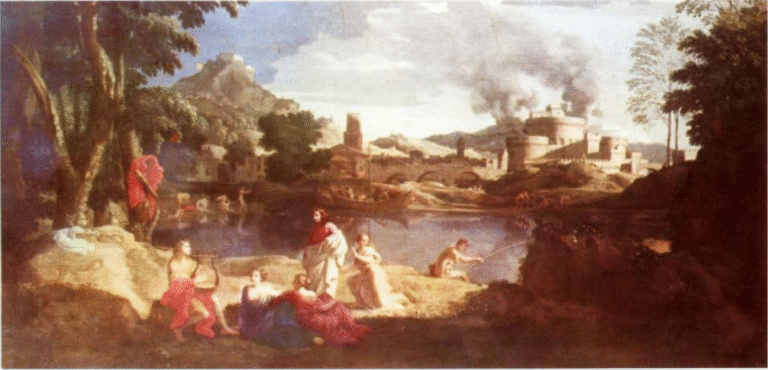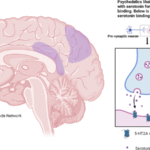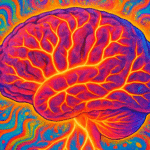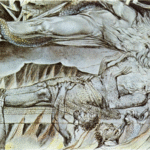Have you ever scrolled through your social media in the middle of the night through your list of friends and acquaintances, wondering who would come to your funeral if you died tomorrow, or who is available for you at any time of the day or night just to talk about your day? The major paradox of the digital age is the growing connections in our friend list online, but a deeper sense of isolation in our real daily lives. We might have thousands of friends online on our social media profile, but still, that feeling of loneliness creeps up upon us at some point in the da,y where we look at the list of these people and fail to recognise most of them. The lost memories of time spent with lost friends take over our nostalgia, and the feeling of not being able to relate to most of these people takes over the mind in bizarre ways.

The increasing rates of loneliness have skyrocketed in modern society. We have achieved tremendous strides in connecting with people through online means at the push of a thumb, but the sense of fulfilment through these interactions has been limited. Loneliness has taken over an entire generation of people in modern society since the late 90s and the early 2000s. We have lost our ancient ways of connecting with people around us in such a way that most interactions in our daily routine have turned mundane.
Arendt’s Warning
The German-American philosopher had warned us of this danger of becoming thoughtless in our ways of communicating and interacting with our friends and our peers, as being critical for the nourishment of the soul. The dangers of losing the ability to communicate with our fellow human beings have resulted in a growing sense of thoughtlessness in our daily lives. Somewhere along the way in making exponential strides in connecting people in seconds, we have lost the essence in the ways of communicating with our species.
The result of this has been devastating for the whole species. The increased number of violent crimes and mass murders has been a result of this situation. The picture of evil has taken on a whole different meaning in our society with the death of the ancient ways of connecting people. We have been isolated and confined so much that in some cases, we cannot even look at some people or sections of society as our fellow beings, and this has resulted in a spree of violence in the last two decades.
Loneliness vs. Solitude
“Primitive people alienate themselves in their mana, their totem; civilized people in their individual souls, their egos, their names, their possessions, and their work: here is the first temptation of inauthenticity.”
Loneliness and solitude are two very different concepts, and one needs to learn the difference between these two concepts to make informed decisions towards replenishing our souls and building our psyche. Solitude helps us nourish our souls by taking small breaks for ourselves in an environment where our senses are overloaded with information at times. It is important for our souls to take some time off for ourselves and make sure we listen to our conscious thoughts and feelings in times of noise around us. But on the other hand, loneliness is the opposite and a dangerous situation. At times when we have been isolated from human interactions and gatherings, a feeling of being left behind creeps up upon us. This arises when we are left with our thoughts for far too long. These are times when we are unable to make meaningful connections with people around us and are left in a corner with our thoughts for an extended period of time.
Arendt reminds us that in her works that in the age of social media, the sense of loneliness has crept upon our souls for an extended period of time and taken a dangerous place in our society. She had coined the term that our thoughts are an inner dialogue, which is are important medium of connecting with our soul. Thinking is one of the most sophisticated mechanisms developed through years of evolution. It becomes one of the most important means for any human to connect with their soul and create a bridge between their minds and their external environment. But, overthinking has become one of the most dangerous phenomena in our lives through the advancement in algorithms and social media and causes tremendous damage to our ways of being.
Psychological Connection
Arendt’s writings remind us that thinking is not just an intellectual exercise; it is a deeply human experience that shapes our moral and emotional lives. She viewed thought as a dialogue between the self and the self—a quiet conversation that nurtures judgment, empathy, and conscience. Psychologically, this inner dialogue forms the basis of our identity and our sense of meaning. When we stop thinking—when we lose this internal conversation—we risk losing our connection to both ourselves and the world around us.
In her work “The Life of the Mind”, Arendt examines how thinking and judging are essential for psychological balance. Thinking allows us to pause and reflect, while judging enables us to act wisely in the world.

Modern psychology mirrors this through the processes of self-awareness and emotional regulation—the ability to observe our thoughts without being overwhelmed by them and to translate reflection into meaningful action. When this process breaks down, our thoughts can spiral inward destructively, leading to overthinking, self-criticism, and alienation.
The age of constant connection has ironically made us more mentally fragmented. Arendt would argue that we have become thoughtless—not due to a lack of intelligence, but because we rarely create space for genuine reflection. We tend to scroll, react, and respond without truly thinking. This absence of inner dialogue generates a psychological void where feelings of loneliness and meaninglessness can thrive.
To Arendt, the peril of modern society is not that we think too much, but that we think too little—that we outsource our sense of self to the crowd, the feed, and the algorithm. This collective thoughtlessness weakens our ability to discern personal truths from the noise of public opinion. Psychologically, this diminishes our inner compass, making us more susceptible to anxiety, conformity, and disconnection from authentic feelings.
True solitude, as Arendt understood it, is not a withdrawal from the world but a reconnection with the self through thought. It offers the space where self-awareness can flourish and empathy can develop—the very foundation of mental health. By nurturing solitude, we reclaim our capacity to think clearly, judge wisely, and feel deeply. In silencing the noise of endless information, we rediscover the quiet intelligence of the soul.
Reflection:
Understanding the distinction between solitude and loneliness is crucial for mental well-being. Hannah Arendt emphasises that solitude serves as a foundation for understanding, while loneliness often reflects a lack of connection to that understanding. In solitude, our thoughts can develop and interact—engaging in conversations, raising questions, and enabling healing. Conversely, when external distractions overwhelm us and our thoughts become cluttered, we may mistake noise for genuine thought, impulsive reactions for reflective responses, and isolation for a sense of independence.
The objective is not to withdraw from the world but to engage with it in a more integrated manner. Engaging in thoughtful reflection allows us to cultivate care—not only for ourselves but also for others and the delicate web of meanings that connects our shared humanity. By learning to pause, actively listen, and engage in deep thinking, we can facilitate mental restoration and enhance our overall fulfilment.
“Thinking is dangerous, but not thinking is more so.” – Hannah Arendt.

